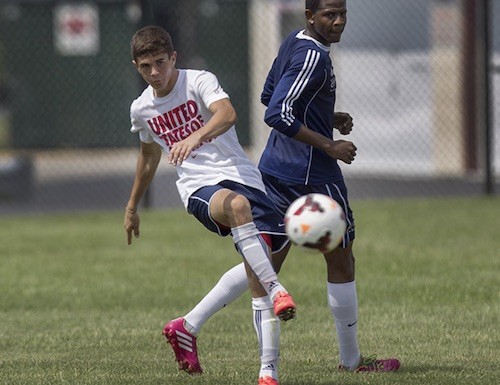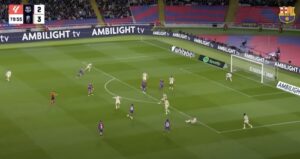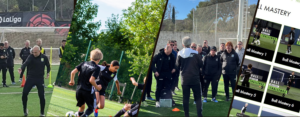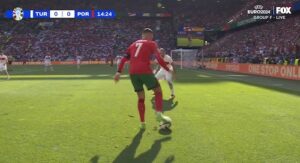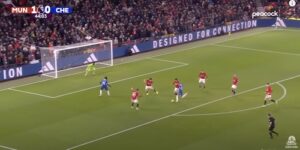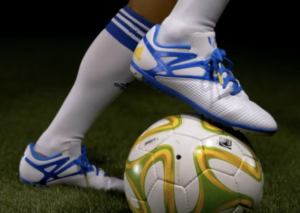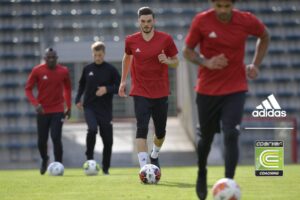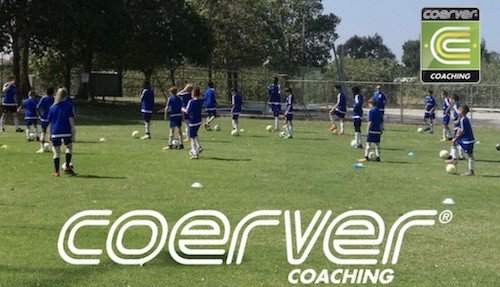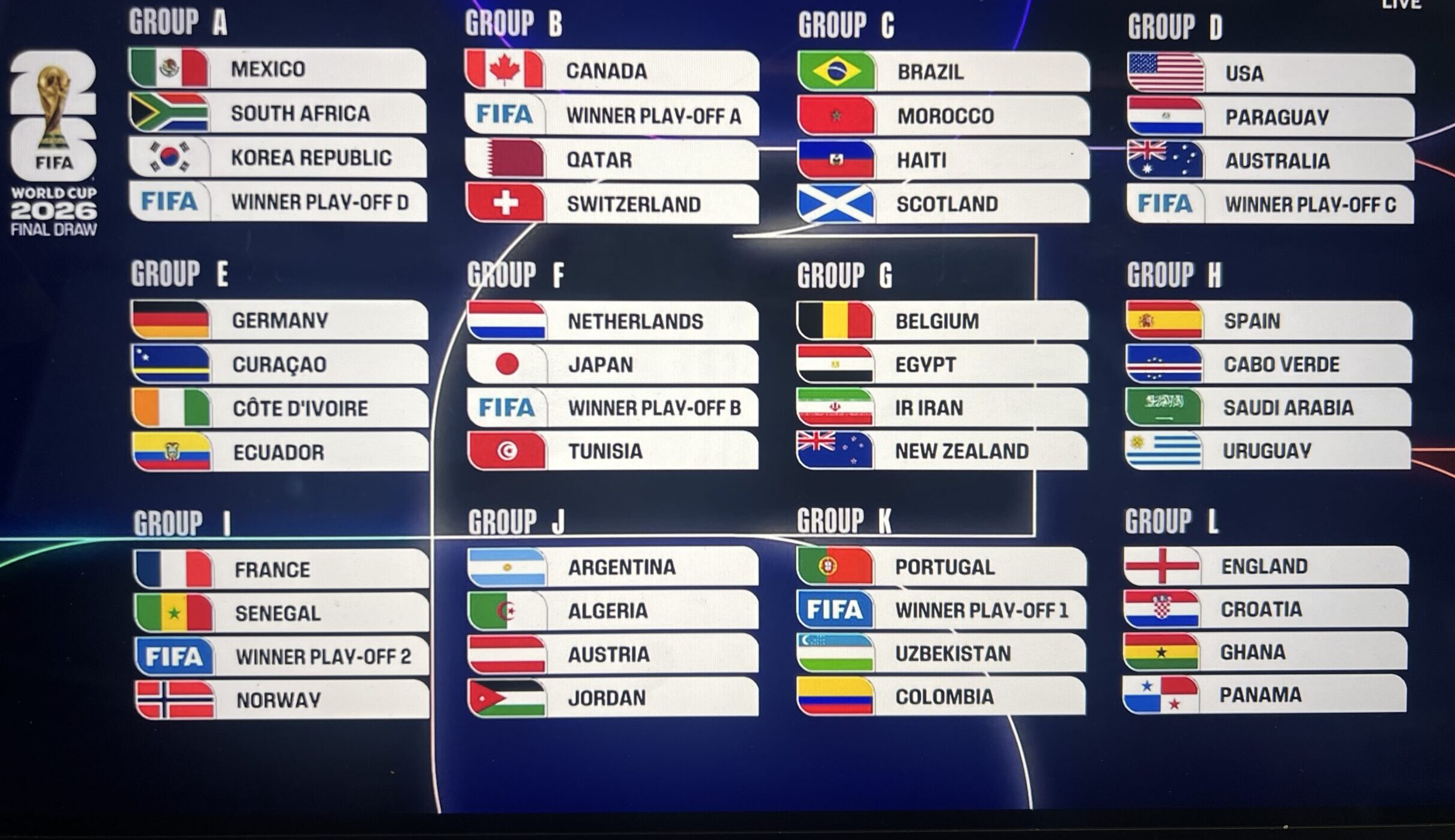| If you want to become a great soccer player they you need to spend time with the soccer ball every day. But once you start practicing every day you’ll only want to keep training and working on your skills because you’ll see how much you’re making progress. The training and improvement compounds, it just feeds on itself. And then the love of the game takes over and you start getting better and better.
Young Christian Pulisic Juggling, Dribbling, Shooting Lack of Time The first thing you realize when you become a soccer coach is that you are missing one thing: time. Working in the group means that all the players must be trained together. All their levels of skills, behavior and learning must be viewed as a whole, and one on one/individual training is almost never done. One to three hours a week for few weeks in the spring and fall is simply not enough time. You are also supposed to get this “motley crew” to play together as a team and hopefully win at least one game. You will quickly see how many youth soccer players can hit the middle school and even high school level with very few refined technical skills. As soccer players get older the focus switches to competing. We often see less and less time spent on core technical training which is a huge mistake. Thousands of Touches on the Ball Charlie Cook, the director of Coerver Training USA, emailed me last year. He was reflecting on watching the national team and a player that received a long air pass. The player, without any effort, gently touched the ball once and killed it into his path. Cook quickly pointed out that this was not a God-given talent. This soccer player was not born with this touch nor did he learn it by just playing the game. He learned it by practicing it over and over–thousands of touches and repetition until this skill was a part of his nature. His point was clearly made. To have a skill become natural or instinctive, it must be repeated over and over until we no longer have to think about it. It becomes a habit that the player performs without thought. Head to the Backyard We, as parents, must become teachers. We must be able to identify skills in their raw form and learn how to perform them correctly ourselves. We then must be able to tell and show a child visually how to properly perform the skill. After many short repetitive sessions it will eventually allow them to feel it and let it become part of their nature. Until we do this, it will never become an instinctive habit. Parents however, sometimes feel lost and don’t know where to begin, how to progress or even how to teach these skills. You do not have to become a professional soccer player. You simply must learn to teach what your child will not be taught during the normal development cycle of their soccer career. Hence the 10 hours of skills breakdown on SoccerU. Frustration Watch A simple warning for parents is to be aware that younger players often become frustrated easily. Our goal is to keep it fun and make sure the child feels like these are THEIR sessions and not forced on them. Maybe they want to be goalkeeper, maybe they want to take penalty shots on mom or dad. Whatever it is, keep the training divided in half–half learning and repetition and half fun and games. Create challenges and even have fun goals to achieve. There is nothing better than a challenge between the child and parent. Get Involved as Parents In the United States, pickup games and free play soccer have almost become extinct. The extra hours of needed play and skill work now has to come from the parent. When I meet a talented young soccer player I always ask them, “Who taught you how to play?” Every single player over the past two years has responded the same way, “My Mom / Dad.” Make sure you realize the importance of “off program” training and make sure you understand the importance of the back yard. Cherish this time as not only soccer training, but bonding as well. Always remember that they are kids first, not soccer players, and nothing says “good work” like a stop for ice cream on the way home.
Learn more at SoccerU
|
Build a Soccer Champion in Your Own Yard (Part II)
